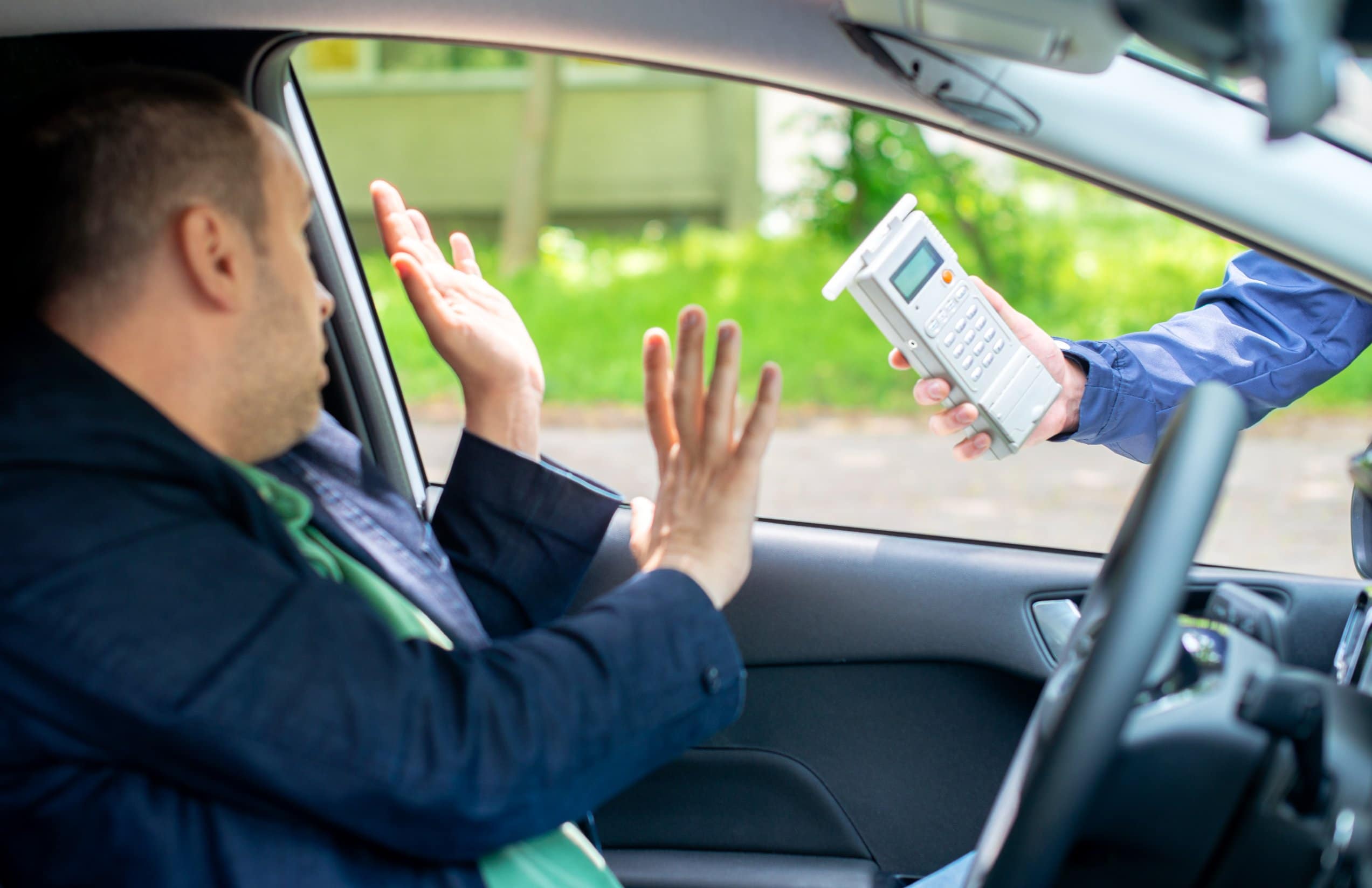Most people recognize that, when they are accused of a crime, they have rights. It’s the specific rights that may not be so clear.
For example, if you are pulled over and suspected of driving while intoxicated in Minnesota, do you have the right to refuse a chemical test to confirm whether or not you are intoxicated?
While one of the most enduring rights Americans have is the right to not incriminate themselves, that does not carry over to the idea of refusing a chemical test in the state of Minnesota. Why? Because of the state’s implied consent laws.
Read on to find out more about the implied consent laws in Minnesota and what your options are for a chemical test if you are accused of a DUI.
What Is Implied Consent in Minnesota?
There are laws in Minnesota that refer to the tacit agreement drivers submit to when they drive on the roads in the state. When you decide to drive your vehicle on the roads, you are agreeing to submit to chemical testing through this implied consent law.
If you are pulled over and suspected of driving under the influence, then you are required to submit to chemical testing. Refusal can result in penalties.
What Happens If You Refuse a Chemical Test?
Refusing to submit to a chemical test in Minnesota comes with penalties – both criminal and civil.
If it’s your first time being accused of driving while intoxicated in the state, then you can be penalized with a gross misdemeanor charge for the refusal. That can result in up to 12 months in jail and fines.
If it’s your second driving while intoxicated charge, and you refuse a chemical test, then it’s also a gross misdemeanor. It has the additional penalty of the forfeiture of your vehicle since it’s a second DWI offense.
There are also administrative penalties that can be issued if you refuse to take a chemical test. You can lose your driver’s license for up to six years, depending on your criminal history. Refusing to take the test will result in a longer period of revocation than you may have faced with a DWI alone.
What Rights Do You Have?
While you are under implied consent laws in the state, you do have the right to consult with an attorney before taking the chemical test. Law enforcement must provide you with the opportunity to talk to a lawyer, but you can’t use this as a delay tactic. After a reasonable amount of time, you may have to proceed with the chemical test anyway or face the consequences of refusal.
What Types of Chemical Tests Can Be Administered?
Most people are familiar with breath tests for suspected DWIs, but there are blood and urine tests that can be administered, as well. It’s important to note that a blood or urine test will require your consent. If you do not give it, the officers will need a warrant to administer the test.
When you’re facing driving while intoxicated charges, the actions you took when pulled over by the police will impact your case – especially if you refused to take a chemical test. That’s why getting an attorney to assist you in your case as soon as possible is in your best interest – so don’t delay.
About the Author:
Christopher Keyser is an AV-Preeminent rated criminal and DWI defense attorney based in Minneapolis who is known for fighting aggressively for his clients and utilizing innovative tactics to get the most positive results. He has been featured in numerous media outlets due to the breadth and depth of his knowledge and named a Certified Specialist in Criminal Law by the Minnesota Bar Association. Mr. Keyser is Lead Counsel rated, and he has received recognition for his criminal law work from Avvo, Expertise, Super Lawyers, The National Trial Lawyers, and more.







